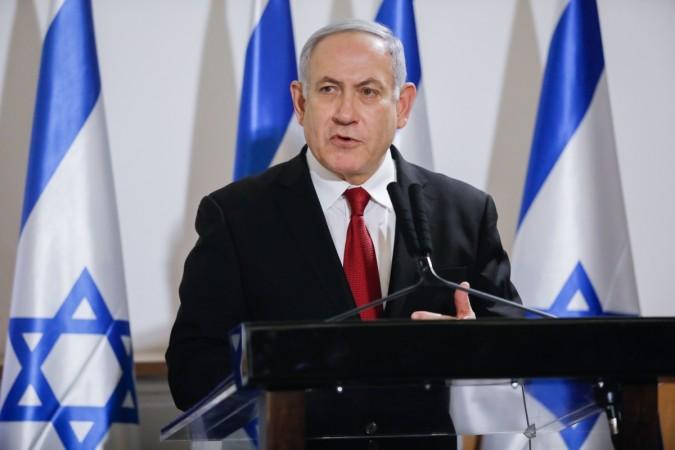Voting was underway on Tuesday for Israel's parliamentary polls, the fourth such elections in a span of two years, amidst a lingering political deadlock and with polls suggesting a tight race between blocs that back Prime Minister Benjamin Netanyahu and those that seek to oust him.
Voting started at 7 a.m. in 13,685 polling stations across the country, and is due to end at 10 p.m., reports Xinhua news agency.
According to the Central Election Committee, some 6,578,084 Israeli citizens are eligible to vote in this election. But the voter turnout was only 51.5 percent as of 6 p.m., which is by far the lowest since 2009.

Netanyahu's fate in Israel elections
Polls predict that Netanyahu's right-wing Likud will emerge again as the biggest party in Israel's Knesset, dpa news agency reported. But they also indicate the 71-year-old will face great difficulty in building a functioning coalition that can command at least 61 lawmakers in the 120-seat legislature.
According to three main exit polls by Israel's biggest TV networks, Netanyahu's right-wing bloc could get a narrow victory, but the official results could change. The Channel 13 exit poll projected Netanyahu's Likud Party to win 33 seats and his right-wing bloc a total of 61. The centre-left bloc is projected to win 59 and Yair's Lapid's Yesh Atid Party to fetch 16.

Similarly, Channel 12 exit poll projected 31 seats for Likud, the right-wing bloc 61, the centre-left bloc 59 and Yesh Atid 18. The Channel 11 has the same projection as the Channel 12.
Tuesday's election comes two weeks ahead of the start on April 5 of the evidence phase of Netanyahu's corruption trial.
When voters headed to the polls in March 2020, the fact that the trial was set to start in May did not stop them from returning Netanyahu to power at the head of the country's largest party.
Netanyahu hopes that Israel's successful vaccination campaign under his leadership, as well as the historic US-brokered normalisation deals he signed in September 2020 with Gulf states, will boost his chances in this fourth round.
(Additional agency inputs)













